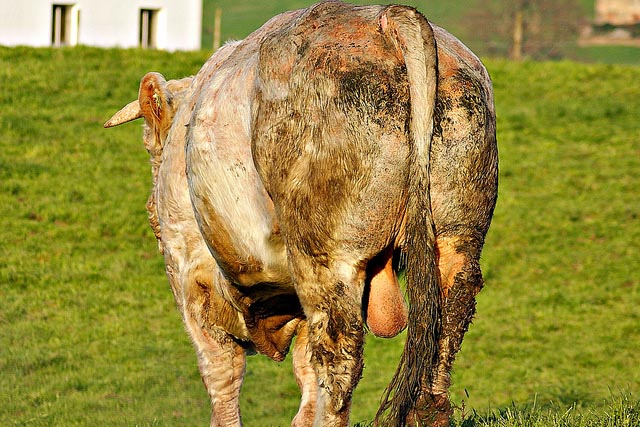I was out with some media mates and we got talking about TV. How it’s been in the media news lately, what we watch and how it’s changing, creatively and commercially. A couple of weeks back Richard Desmond showed uncharacteristic humility admitting he hadn’t got the testicles to take on WPP’s Group M, and its leader Martin Sorrell.
Then John McVay, head of Independent TV producer’s trade body (PACT), claimed his members are being forced into deals on unfair terms when negotiating with GroupM Entertainment, largely for Channel 5 programme commissions. Does John McVay represent his own member’s views?
Negotiations over programme budgets, UK broadcast and overseas rights are just the way the TV business works, if you don’t get the deal you want, go elsewhere, or get a new agent.
Subsequently Radio 4’s media show got in on the story and dirty laundry is hung out to dry as the transparency of deals between media buyers on the funding of TV shows in exchange for ad slots was questioned, along with the effects on Public Sector Broadcasting, like the BBC doesn’t exist.
Even if the ball-busting spreads Group M are alleged to be making on the difference between programme supply costs and the value of ads received in return are overstated, Mark Collins, Group M’s MD of broadcast trading, will be having interesting chats with his client’s procurement departments.
However, media agencies, like most business, will always want to maximise profits. They are extremely commercially astute operators, but big spending clients, which make up the bulk of their spending power, are no fools themselves and are aware of these arrangements. Even if they weren’t, there is a wide pool of parasitical media-auditors and procurement consultants available as guns-for-hire, interestingly a group of people who have diverted a share of more traditional ad agency fees into their own pockets.
The fact that media trading disputes and commercial practices make the news at all is almost unique to the UK.
Talk then moved on to what we enjoy on TV and how much we are watching but in different ways. Downton Abbey, which I don’t watch, is compulsory viewing in many households I’m told, otherwise you’re excluded from the chatter on many social occasions, dinner-parties and drink’s soirees I guess.
Breaking Bad was discussed and I am now even more certain than I was, it’s for me. £50 for a DVD box set of series 1-3 versus all five series on Netflix for £5.99 a month. No contest. House of Cards was said to be another Netflix subscription magnet. It’s a remake of an old UK series and US politics are just not of interest to me, not in TV dramatisations anyway.
Sci-Fi polarises us, like it does audiences.
Someone thinks Sky Atlantic’s best show is Game of Thrones, I’ve never watched it, but am currently gripped by Ray Donovan. One of us doesn’t have Sky and has never seen either show, many of my top TV treats are invisible to non-Sky homes, Sky Atlantic’s exclusives keeping its subscribers "sticky".
I am a cultural philistine for having not watched The Killing, The Returned, Homeland and more, like the majority of the TV viewing population then. Then I went home and watched Old Tricks, with Tamsine Outhwaite joining the team of old boys, much enjoyed by Mrs Wobbly and myself, followed-by the penultimate episode of Ray Donovan.
It is clear much of Hollywood’s talent has gravitated towards what used to be cinema’s grubby distant cousin, TV. Creative freedom to develop storylines and characters over 13 hours or more and the budgets on offer from new distribution channels means TV is going through a golden period for viewers, shock-dross of the reality genre excluded.
TV has never been more social, and I don’t mean because of the number of tweets made during programmes or second screens invading the couch. Quelle-surprise. People tweet more about TV programmes than about the commercials, so much for conversations with brands then.
People’s TV viewing will possibly continue to rise but will the visibility of the ads and sponsor messages around them inevitably decline? The ways we are able to watch TV now can almost totally exclude ad-watching, although more advertising funded and product placement filled programmes may offer some respite for brands.
Me, I’d keep my eye on Outdoor advertising as the broadcast channel. Excepting Banksy and his mates, most people don’t find it intrusive or interruptive and it’s often product placement in their (out-of-home) lives. Then again, OOH is another media channel that attracts pointy-fingers and self-interested online trolls banging on about non-transparent trading practices, yawn, yawn.
Ivan Clark is a media consultant, advisor and planner


